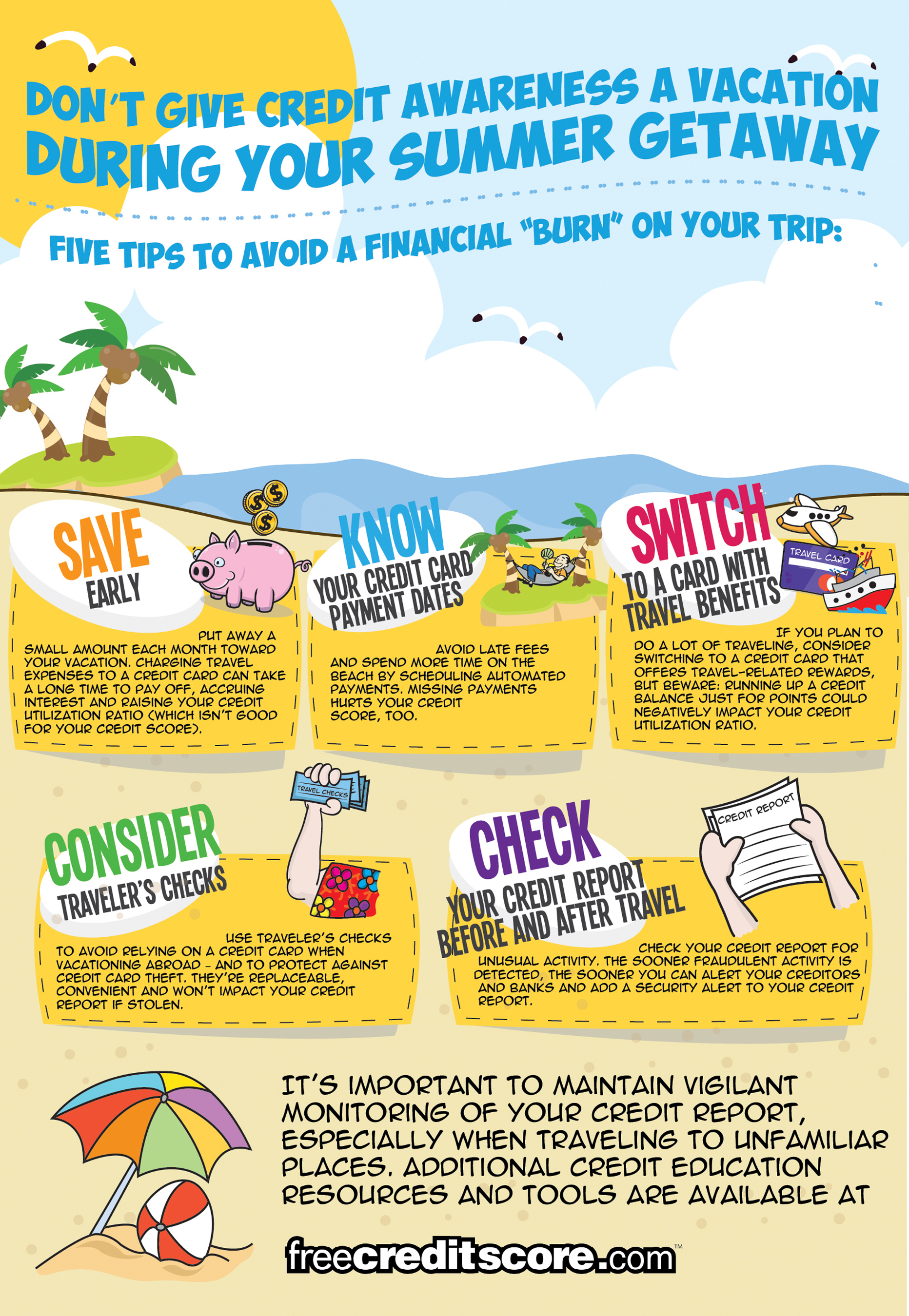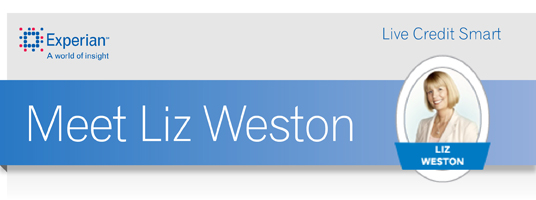Corporate Responsibility

Millions of Americans face economic hardships today due to the financial crisis. The Great Recession made a big impact on the financial lives of consumers. Unemployment was high and many struggled to make ends meet, forcing them to tap into their savings and live off credit to survive. Now that our economy is recovering, we believe that education is the key for consumers to unlock the door that leads to financial success and opportunity.

 In the personal finance world, credit is one of the hottest topics to talk about and there are many resources available to consumers.
To further empower consumers to take a more active role in managing their credit, Experian provides a number of solid consumer education programs.
As a positive extension to those, in 2011 we developed Experian Credit Educator, a consumer-education service that offers personalized, live, one-on-one, telephone-based credit education sessions to consumers and customers of Experian’s clients.
Experian recently announced that we’ve added new features to this service in order to give consumers insights into specific actions which may produce an improvement to their credit score.
In the personal finance world, credit is one of the hottest topics to talk about and there are many resources available to consumers.
To further empower consumers to take a more active role in managing their credit, Experian provides a number of solid consumer education programs.
As a positive extension to those, in 2011 we developed Experian Credit Educator, a consumer-education service that offers personalized, live, one-on-one, telephone-based credit education sessions to consumers and customers of Experian’s clients.
Experian recently announced that we’ve added new features to this service in order to give consumers insights into specific actions which may produce an improvement to their credit score.


This guest post is from Benjamin Feldman (@BWFeldman), writer and content strategist at ReadyForZero.com, a company helping people get out of debt.
Is personal debt an impossible problem to fix? No way! Thousands - actually, millions - of people across the U.S. are struggling with personal debt right now, but the situation is not hopeless for any of them. I know, because just last year I was one of them. In January of last year, I had over $3,000 in credit card debt and a vowed to get it paid off before the year was over. I’m grateful that I was able to accomplish my goal and along the way I learned a few things that can help others who are still on their way to being debt free. If that includes you, keep reading to learn the 5 steps that will help you get out of debt:
Summer officially arrives on June 21. The busiest travel season of the year is on the horizon, and freecreditscore.com™ wants to help travelers mitigate post-vacation credit debt that can impact their credit long after a vacation ends. Here are five tips to avoid the pitfalls of a post-vacation credit sunburn:


 We had a wonderful opportunity to talk with Liz Weston (@lizweston) about saving for retirement, debt, managing credit, and much more.
Check out the full-interview:
I know you went to the FinCon blogger conference last year, how was that?
Liz Weston: Yeah, that was really a great event. There were a lot of opportunities for socializing and networking. It was pretty cool. I met Phil Taylor, who is the organizer, several years earlier. He was a participant in a savings contest that I co-hosted with FNBO bank, and really liked him. I thought it was going to be a small event, and it wasn't at all. They had some great speakers and great information. It was really fun.
It sounds like a great event.
Liz Weston: Yeah, and it's really a chance for a lot of these bloggers who aren't professional journalists to brush up on their skills and meet some of the companies that they might work with. I found a lot of them were reluctant to call P.R. people and make contacts because they weren't sure their calls were going to get returned. It’s nice for them to meet people at the various companies they can reach out to.
We had a wonderful opportunity to talk with Liz Weston (@lizweston) about saving for retirement, debt, managing credit, and much more.
Check out the full-interview:
I know you went to the FinCon blogger conference last year, how was that?
Liz Weston: Yeah, that was really a great event. There were a lot of opportunities for socializing and networking. It was pretty cool. I met Phil Taylor, who is the organizer, several years earlier. He was a participant in a savings contest that I co-hosted with FNBO bank, and really liked him. I thought it was going to be a small event, and it wasn't at all. They had some great speakers and great information. It was really fun.
It sounds like a great event.
Liz Weston: Yeah, and it's really a chance for a lot of these bloggers who aren't professional journalists to brush up on their skills and meet some of the companies that they might work with. I found a lot of them were reluctant to call P.R. people and make contacts because they weren't sure their calls were going to get returned. It’s nice for them to meet people at the various companies they can reach out to.

 As of 2011, the Hispanic population comprised 16.7% of the United States population, the largest minority group following African-Americans. In addition, 20.3% of U.S. households speak a language other than English. Recognizing the need for expanded financial resources to the Hispanic community, Experian provided a generous grant to translate the NFCC’s MyMoneyCheckUpTM tool into Spanish.
As of 2011, the Hispanic population comprised 16.7% of the United States population, the largest minority group following African-Americans. In addition, 20.3% of U.S. households speak a language other than English. Recognizing the need for expanded financial resources to the Hispanic community, Experian provided a generous grant to translate the NFCC’s MyMoneyCheckUpTM tool into Spanish.

 Thanks to the new online tools and services found at SSA.gov, you no longer have to wait on the phone or in line at the Social Security Administration (SSA) to access your benefits.
Today, vital financial information such as your recorded earnings; social security benefits (or expected benefits), and disability and survivor benefits are instantly accessible online.
The SSA recently announced the online “My Social Security” account, a tool that provides access to benefit verification letters and statements. Signing up for an account is easy, free and secure.
Thanks to the new online tools and services found at SSA.gov, you no longer have to wait on the phone or in line at the Social Security Administration (SSA) to access your benefits.
Today, vital financial information such as your recorded earnings; social security benefits (or expected benefits), and disability and survivor benefits are instantly accessible online.
The SSA recently announced the online “My Social Security” account, a tool that provides access to benefit verification letters and statements. Signing up for an account is easy, free and secure.

 At the beginning of this year, I had several thousand dollars in credit card debt and I was ready to pay it off. But I knew that I needed to cut down on my spending in order to have enough money left over to start paying down my credit card balance.
So I did some research and started finding ways to cut expenses. One of the things I realized is that your fixed expenses - the ones that seem to be locked in - like your auto insurance and rent, often have some flexibility after all.
Below are some tips I’ve found for reducing those fixed expenses:
At the beginning of this year, I had several thousand dollars in credit card debt and I was ready to pay it off. But I knew that I needed to cut down on my spending in order to have enough money left over to start paying down my credit card balance.
So I did some research and started finding ways to cut expenses. One of the things I realized is that your fixed expenses - the ones that seem to be locked in - like your auto insurance and rent, often have some flexibility after all.
Below are some tips I’ve found for reducing those fixed expenses:

 When I speak to people about credit reports and credit scores one of the things I always do is ask the audience members to raise their hands if they’ve requested their free annual credit report.
Sadly, on a good night only about half the people in the audience raise their hands. A new report from the Consumer Financial Protection Bureau (CFPB) confirm
When I speak to people about credit reports and credit scores one of the things I always do is ask the audience members to raise their hands if they’ve requested their free annual credit report.
Sadly, on a good night only about half the people in the audience raise their hands. A new report from the Consumer Financial Protection Bureau (CFPB) confirm